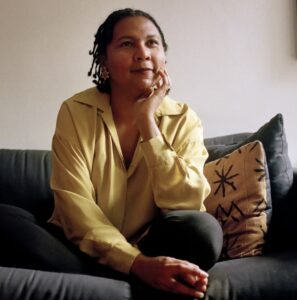Cynicism is the great mask of the disappointed and betrayed heart.
–bell hooks, All About Love: New Visions

I meet a lot of people who have given up on organized religious life. Each person has their own reasons for this, many of which I feel myself.
bell hooks identifies two of the most common reasons I’ve encountered: disappointment and betrayal. Disappointment that institutional religious life is uninteresting or irrelevant for contemporary life, couldn’t provide a sense of identity or life direction that is fulfilling, and/or is actively foster abusive beliefs and ethical systems.
Other folks have been betrayed by religious figures or institutions as they have seen or experienced emotional, financial, and sexual abuse.
I think there are very legitimate reasons for walking away from a religious community or institution. I’ve done it on a couple of occasions. In these times it has been difficult for me to maintain hope that theological visions of life could make the world a better place and that religious institutions have a beneficial role in fostering them.
bell hooks, along with a few other writers and friends, have helped keep alive my hope that theology done with skill, care and love can fill our lives with meaning, joy, and world-improving action.
If you are feeling cynical or burnt out on religious life, you’re not alone. I’ve been there too. I hope that my writing in this space and in my books can bring you some hope.
In my constellation of ideas, hope is the foundation of theological reflection and communal religious practice. I’m not sure they are possible without it.
bell hooks alludes to one of the keys to maintaining hope: being open and honest about our disappointments and betrayals.
We can easily mask our hurts through cynicism. We can try to suppress pain through avoidance. But doing theology is an emotional endeavor. When folks have tried to disconnect their emotional lives from it, and portrayed theology as a purely rational exercise, they’ve run into serious problems and dragged other people down with them.
That’s one of the reasons why I wrote my newest book, A Human-Shaped God. Theology is an embodied practice. To do it well includes, as far as well are able, keeping the entirety of our person in a state of well-being. That includes actively cultivating a sense of hope.